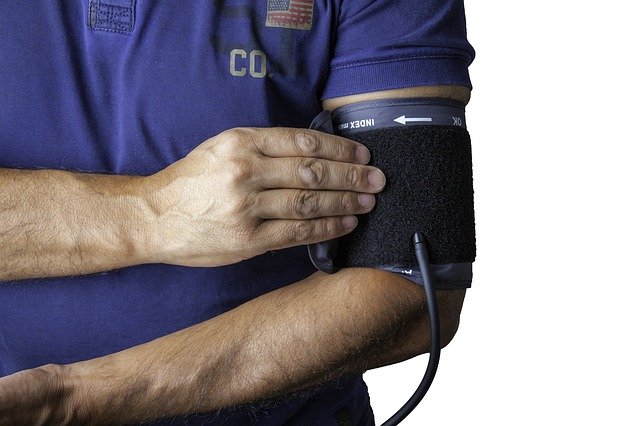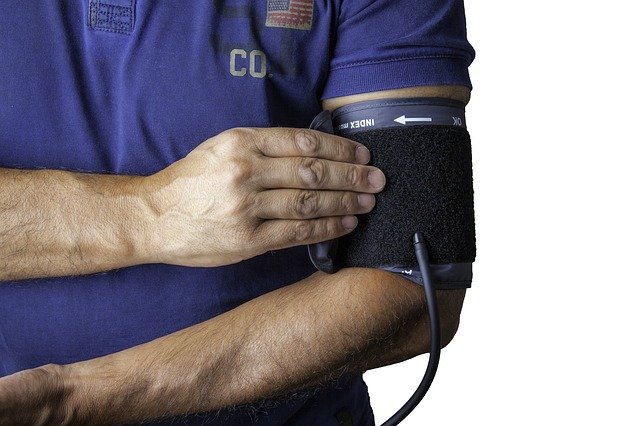
Blood pressure is one of those health concerns we’ve heard about our entire lives but know little about the specifics. From context clues, we can assume what blood pressure is; the pressure, or force, at which the blood travels through the body. That’s simple enough to understand, but it doesn’t explain what it does, how it effects our overall heath, or why we need to manage it. Not knowing these specifics will have us asking ourselves what we do know, and how do we achieve healthier blood pressure?
What is Blood Pressure
To be more specific with our definition, blood pressure is the force exerted on the walls of the blood vessels as blood flows through the body. Blood delivers oxygen to the body tissue, along with glucose and amino acids. Blood pressure increases and decreases in sync with our heartbeat and is at its highest when the heart contracts to force blood through the body. The inverse is also true, blood pressure is at its lowest when the heart is at rest between beats.
A healthy range for blood pressure when the heart beats is between 90 and 120 millimeters of mercury; a healthy range for blood pressure when the heart is relaxed is between 60 and 80 millimeters of mercury. Hence doctors recommending a blood pressure rate a bit less than 120 over 80.
Why Blood Pressure is Important
Think of the circulatory system in your body as plumbing for a building. Too much force on a single pipe can cause water damage. It’s the same concept for blood pressure. There are several factors that add to high blood pressure. Stress, poor health, and poor diets high in sugar and salt can make the fluids in our body thicker and our blood vessels narrower.
Usually, our blood vessels are flexible and can handle a fair amount of strain. However, conditions like Hypertension increase blood pressure for a sustained amount of time; that extra strain can tear at the walls of our blood vessels. A blood tear can lead to plaque build up and potential blood clots, drastically limiting the amount of blood and oxygen going to vital organs like the heart and brain. Blood clots cutting off oxygen to the heart cause heart attacks and clots to the brain can cause strokes.
Sugar VS Blood Pressure
As previously stated, there are a lot of factors that can contribute to high blood pressure. The main factor in our control is our diet. Diets high in salt can greatly agitate blood pressure, but diets high in sugar can do the same thing. Sugar is just as much a source of hypertension as salt, and in some cases can be even worse. Sugar eats away at the nitric oxide in our blood, making it harder for our blood vessels to expand when they need too.
Additionally, sugar makes our bodies resistant to insulin, which is a naturally produced hormone we use as an energy source. Sugar leads to over production of insulin, giving our circulatory system a sugar rush, while simultaneously making the pathways narrower. The result is hypertension, and a much higher risk for heart disease.
Healthier Blood Pressure
An easier way to have heavier blood pressure is to limit our sugar and salt intake. Alternatives to sugar can fill the void and help us achieve a healthier lifestyle. Fruits, vegetables, proteins, and healthy fats can provide better immune health and help us stabilize our blood pressure. Stress is another contributing factor, so activities like light physical exercise and meditation can help keep a clear mind. Overall, there are many ways to be healthier and to have healthier blood pressure. The first step is to agree to get healthier. From there, a series of small, manageable changes to our lifestyles can ensure success. So, we can enjoy a stress-free, healthy retirement.
